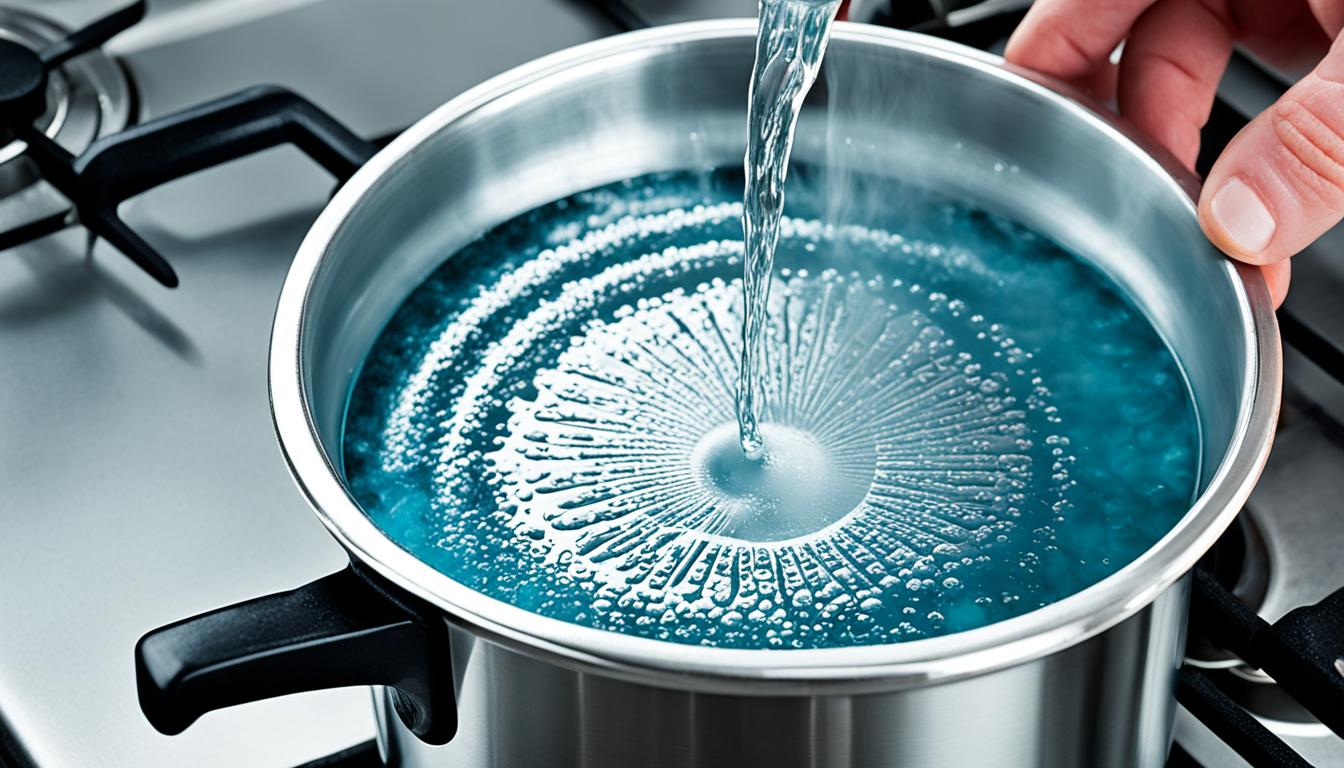If we asked you which freezes faster—hot water or cold water—what would you say? Many people would instinctively choose cold water, assuming that heat slows down the freezing process. But what if we told you that there is evidence to suggest that hot water can actually freeze faster than cold water? Yes, you read that right! The Mpemba effect, a fascinating phenomenon in physics, challenges our intuitive understanding of temperature and the freezing process.
Named after Erasto Mpemba, a Tanzanian student who first conducted scientific studies on this effect, the Mpemba effect has been observed throughout history by prominent figures like Aristotle, René Descartes, and Sir Francis Bacon. However, it wasn’t until Mpemba’s groundbreaking experiments in the 1960s that the phenomenon gained widespread attention.
The Mpemba effect has sparked controversy and debate within the scientific community. Some argue that it is merely an artifact of experimental errors or specific conditions. Yet, recent studies have shown that the Mpemba effect can occur not only in water but also in other substances such as polymers and minerals.
So, what causes hot water to freeze faster than cold water? What are the possible mechanisms behind this counterintuitive phenomenon? Join us as we delve into the fascinating world of the Mpemba effect, unravel its secrets, and explore its implications in the field of science and beyond.
Historical Context and Observations
The Mpemba effect, although widely discussed in modern times, has actually been observed and pondered by ancient scientists long before Erasto Mpemba’s groundbreaking work in the 1960s. Figures such as Aristotle, René Descartes, and Sir Francis Bacon were among the earliest scholars to take note of the peculiar phenomenon of hot water freezing faster than cold water.
Erasto Mpemba, a student from Tanzania, stumbled upon the Mpemba effect while experimenting with ice cream making. Intrigued by his observation, Mpemba’s curiosity led to further scientific investigations into this puzzling occurrence.
Joseph Black, another renowned scientist, conducted experiments comparing previously boiled and unboiled water, which provided additional insights into the effect. These historical observations and experimental explorations paved the way for deeper examination of the Mpemba effect.
Despite the historical context and extensive modern scientific research, the Mpemba effect continues to be debated among experts. There remains a lack of consensus on the theoretical explanations underlying this fascinating phenomenon.
Ancient Scientists’ Noteworthy Contributions
Aristotle, known for his vast contributions to various scientific disciplines, made observations regarding the freezing behavior of hot and cold water. Similarly, René Descartes and Sir Francis Bacon independently noted this peculiar phenomenon in their own studies. Their contributions laid the foundation for future scientific developments in understanding the Mpemba effect.
Erasto Mpemba’s Observations and Experimental Work
Erasto Mpemba’s personal experience with the Mpemba effect, while making ice cream, ignited a scientific journey leading to further experimental work. Mpemba’s observations and subsequent investigations pushed the boundaries of scientific understanding and challenged long-held beliefs regarding the freezing behavior of water.
Theoretical Explanations and Ongoing Research
A variety of theoretical explanations have been proposed to account for the Mpemba effect. These encompass concepts such as supercooling, changes in hydrogen bonding, microbubble-induced heat transfer, evaporation, and convection. However, despite these proposed explanations, researchers are continually exploring the complex dynamics of this phenomenon, seeking a more comprehensive understanding.
Exploring the Dynamics and Potential Applications
Recent research has focused on exploring the dynamics of out-of-equilibrium systems to better understand the Mpemba effect. Scientists like Zhiyue Lu and Oren Raz have developed theoretical frameworks and models to investigate the occurrence of the effect not just in water but also in other materials.
Studies on granular fluids and disordered materials have demonstrated Mpemba-like effects, suggesting that the phenomenon may be more common than previously thought. These observations under nonequilibrium conditions have opened new avenues of research and expanded our understanding of the Mpemba effect.
One of the intriguing possibilities is the potential application of the Mpemba effect in optimizing heating and cooling protocols. If we can harness and control the phenomenon, it could have practical implications for various industries, such as energy efficiency, materials science, and even food preservation. By understanding the underlying principles of the Mpemba effect in out-of-equilibrium systems, we may be able to develop more efficient and precise heating and cooling techniques.
However, it is important to highlight that further experimental work is needed to validate and expand upon these theoretical findings. The behavior of complex systems is still not fully understood, and there are many factors that can influence the Mpemba effect in different materials. Nevertheless, the exploration of the Mpemba effect in out-of-equilibrium systems is a fascinating and ongoing area of scientific research, offering exciting possibilities for technological advancements in the future.
